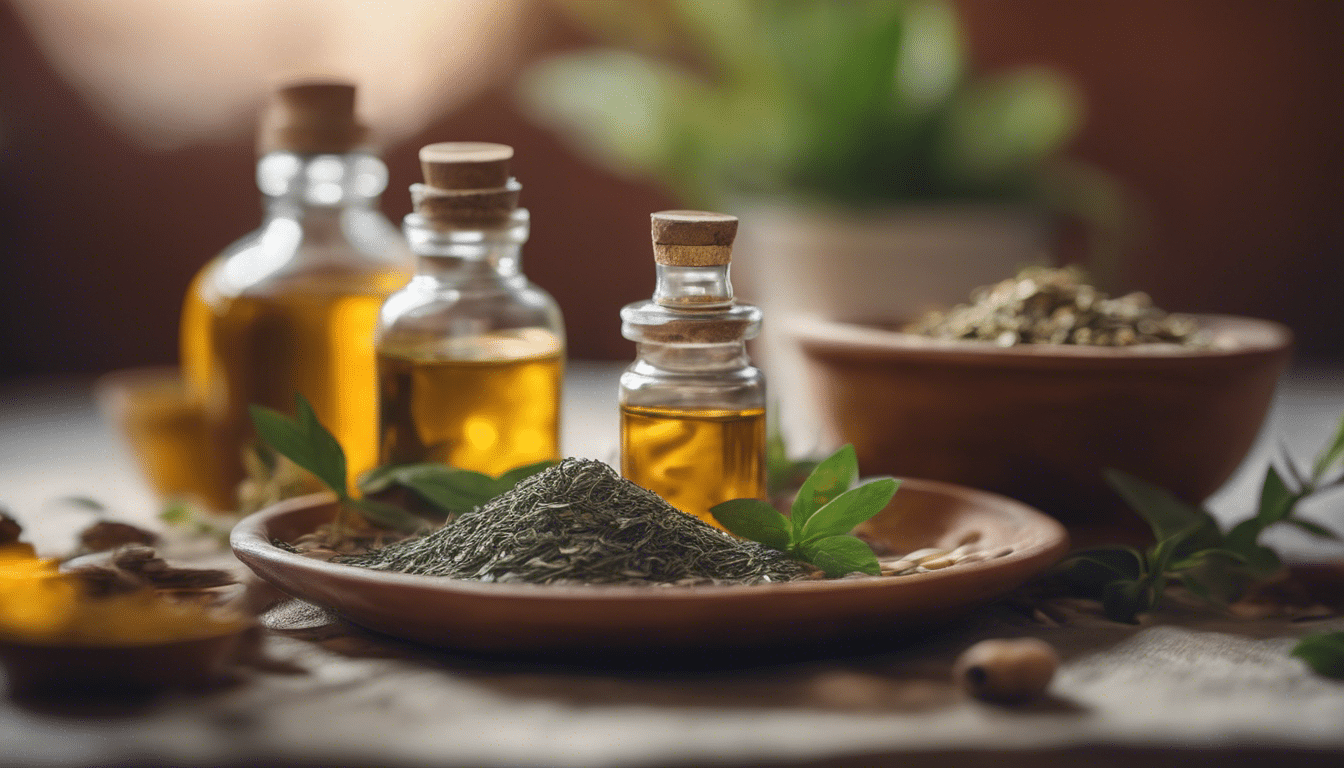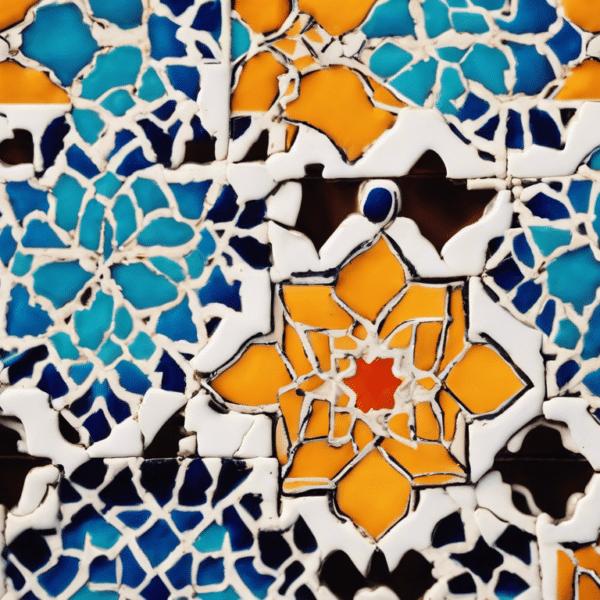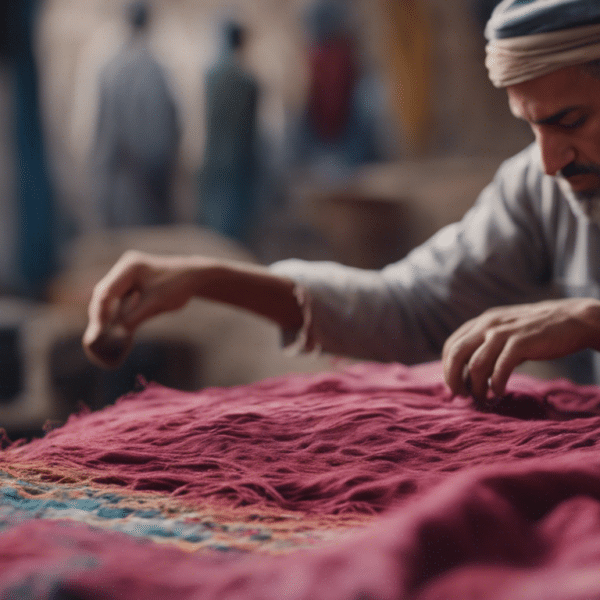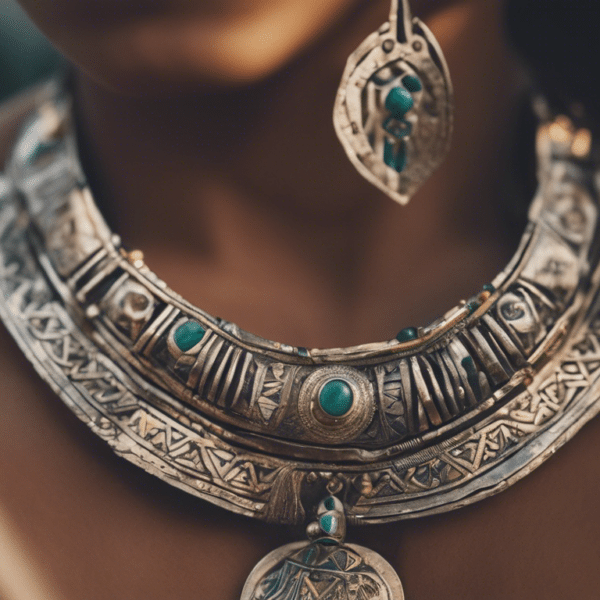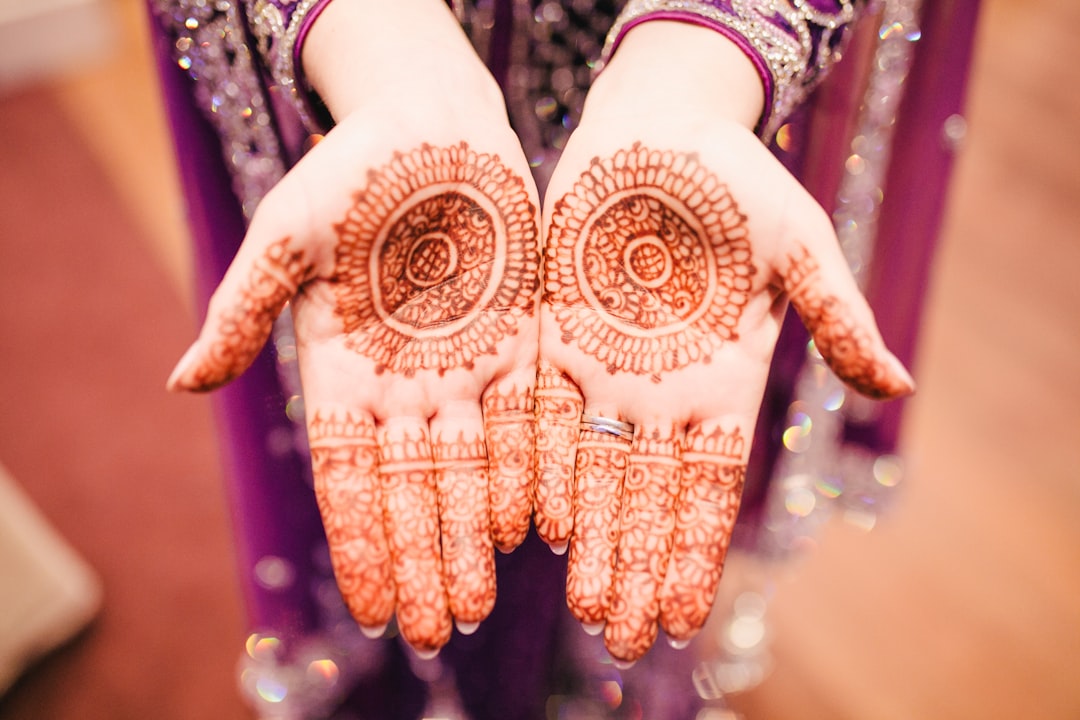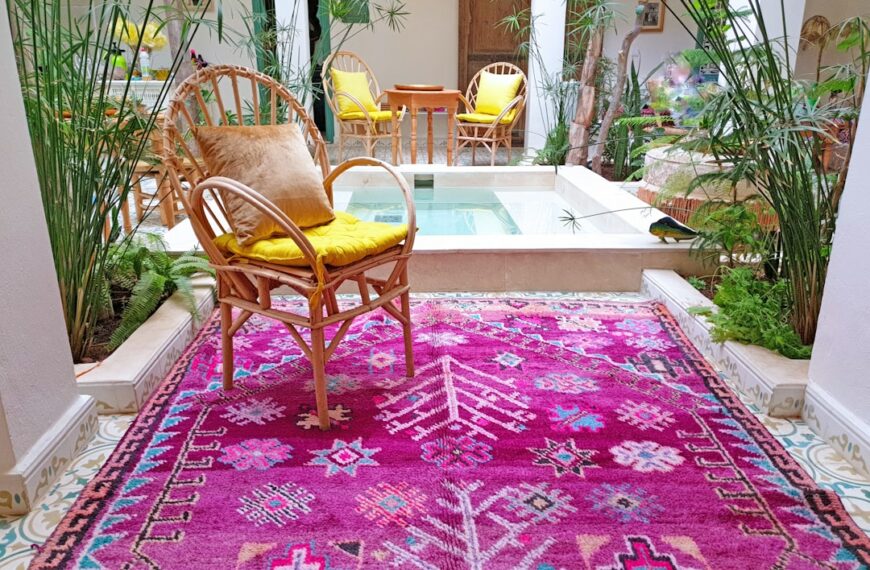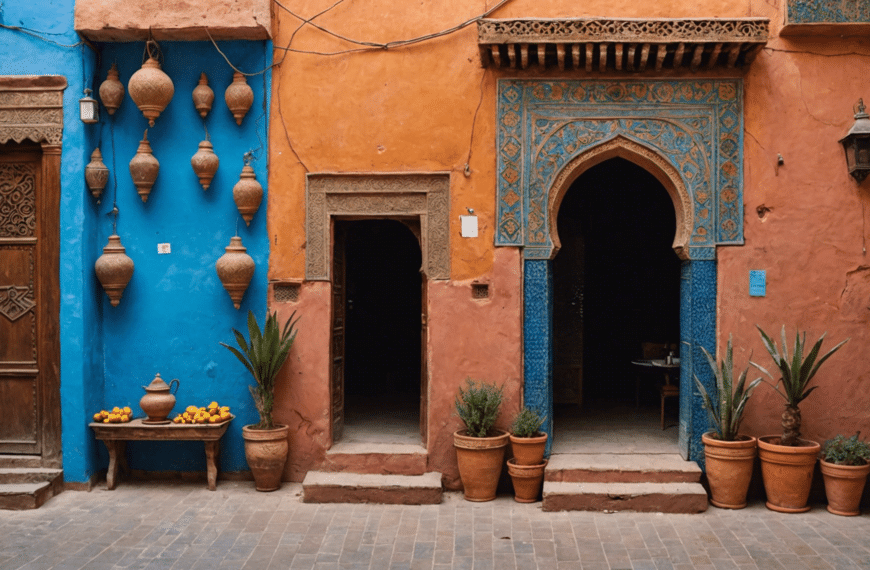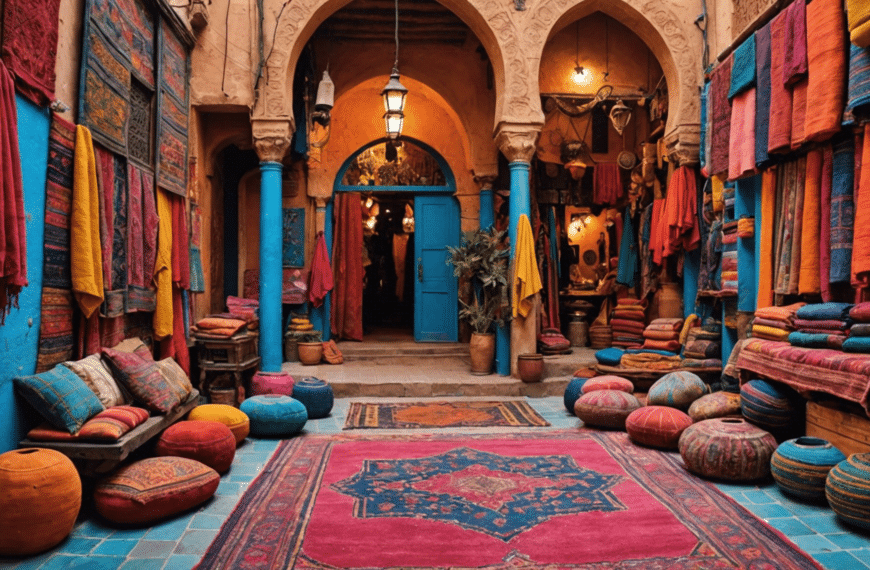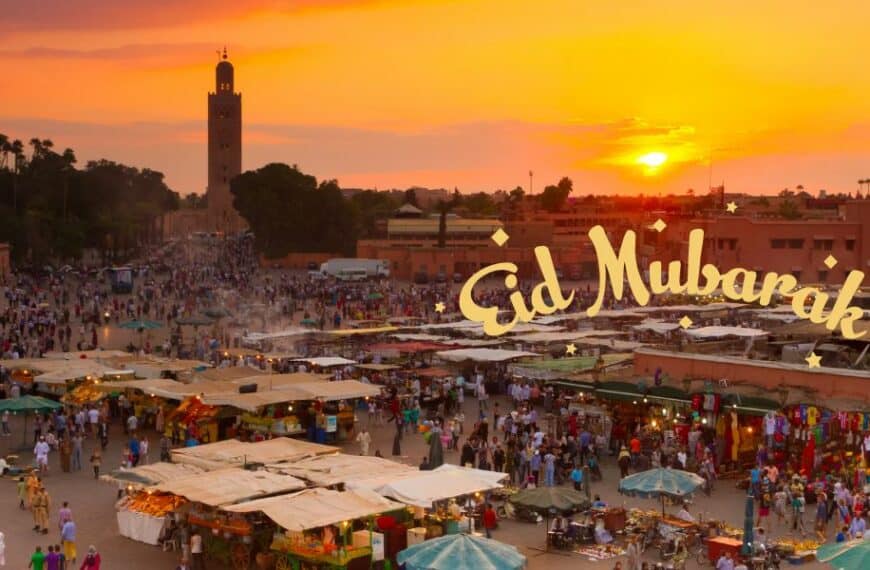Embark on an enchanting journey through the fragrant alleys of Morocco’s ancient herbal markets, a treasure trove where tradition whispers secrets of well-being. In a land where spices color the air and the mysteries of natural healing are passed down through generations, we explore time-honored Moroccan herbal remedies. Can these pungent potions and fragrant brews truly intertwine with modern wellness to enrich your health? Let’s unravel the threads of traditional Moroccan wisdom and discover if these natural marvels hold the key to vitality and rejuvenation. Prepare to be infused with knowledge as vibrant as the souks themselves!
Unveiling the Secrets of Moroccan Herbal Remedies
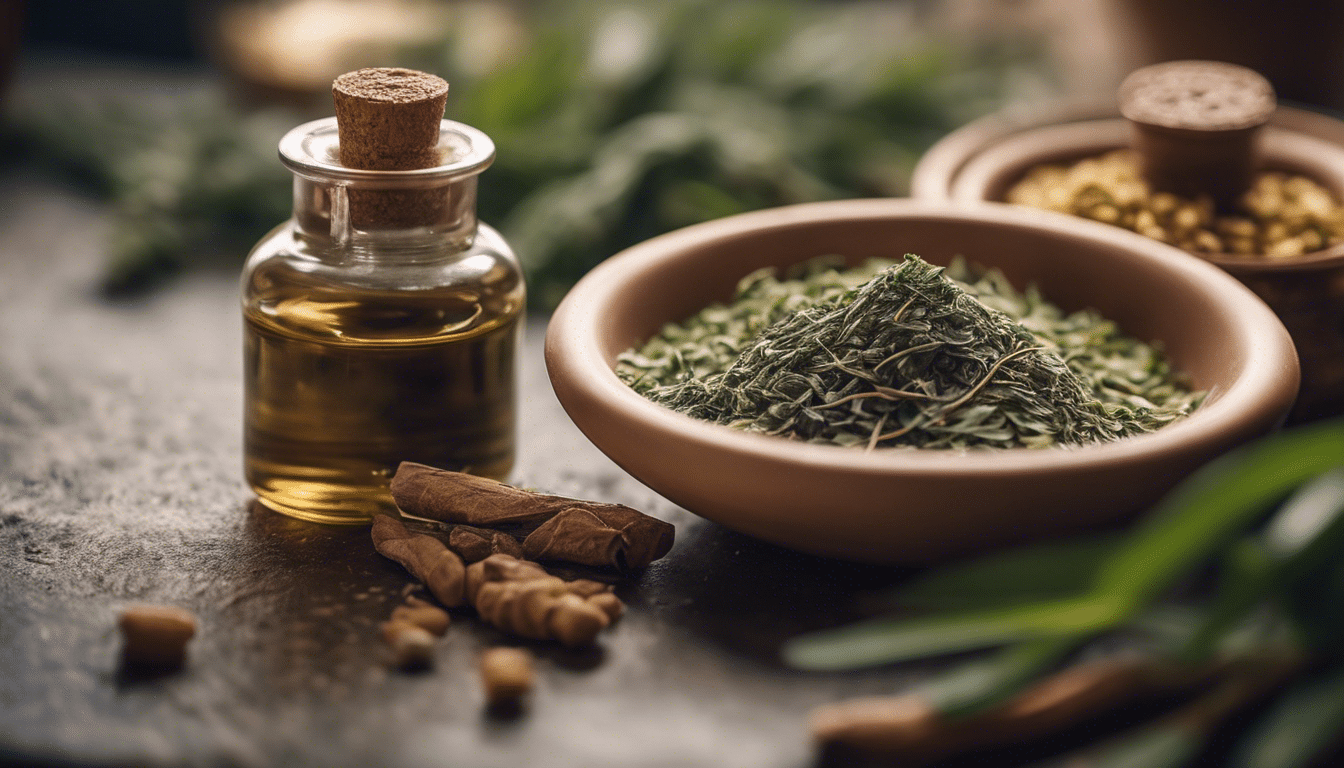
In the heart of Morocco, a land steeped in vibrant culture and ancient traditions, lies a wellspring of natural healing: Moroccan herbal remedies. These traditional concoctions, handed down through generations, are rooted in the rich biodiversity and the profound wisdom of local herbalists. As we delve into the myriad secrets of these natural potions, we unearth more than just health benefits; we discover a deep connection to the earth and the heritage of Moroccan people.
Morocco’s natural pharmacy inevitably begins with its varied landscape, from the rolling dunes of the Sahara to the high peaks of the Atlas Mountains. This diverse terrain is home to an array of herbs and plants, each with its own story to tell. Marrakech, a city pulsing with life and color, also serves as a marketplace where these herbal treasures converge, offering a tantalizing array for those eager to explore their uses and virtues.
One cannot talk about Moroccan herbal remedies without mentioning the famed *Argania spinosa*, the argan tree. This resilient plant, indigenous to Morocco, yields an oil long revered for its moisturizing properties and its potential to treat skin conditions. What’s more, it’s become a symbol of local production and women empowerment, as many women’s cooperatives handle the production of argan oil.
Listed below are some of the most cherished plants and their common uses:
– Mint: A staple in Moroccan homes, mint is not only the star ingredient of their beloved mint tea but also an herb used to soothe digestive issues.
– Saffron: Harvested from the crocus flower, it is highly prized for its ability to remedy mild depression and enhance mood.
– Thyme: Beyond its culinary use, thyme is incorporated into treatments for respiratory conditions, harnessing its antimicrobial properties.
The artisans of wellness within the Moroccan culture hold knowledge that transcends the mere plant properties. Herbalists, or “attars”, are considered guardians of this esoteric knowledge. They blend herbs and spices not only for physical healing but for spiritual well-being, too. Practices such as using sage to ward off the evil eye, or concocting a rosewater and herbs mixture for spiritual cleansing during Ramadan, are testaments to the deep roots of herbal healing within the Moroccan cultural identity.
One cannot ignore the visual spectacle that is a Moroccan herbal stand. Vivid colors and aromatic scents assail the senses, with neatly stacked jars of spices and herbs that seem to whisper the secrets of centuries. A stroll through one of these markets turns into a sensory journey, a testament to the importance of nature in daily life. Here, conversation flows around the best mixtures for ailments ranging from common colds to more complex bodily discomforts, with each remedy coming with a narrative as rich and diverse as Morocco itself.
Embracing tradition in modern times is something Moroccans do with pride. Despite the advances of modern medicine, the reliance on herbal remedies remains steadfast. It’s not unusual to find that modern establishments still house shelves lined with natural treatments, a nod to their enduring legacy in Moroccan healthcare.
As seekers of natural remedies ourselves, the appeal lies in more than just the potential healing. It’s in the communal knowledge, the stories interwoven with the use of each plant, and the palpable respect for the earth. Moroccan herbal remedies are a gateway to understanding a people who embrace nature’s bounty with reverence, and to experiencing a philosophy of healing that resonates with the soul’s craving for authenticity.
To this end, the seductive allure of Moroccan herbal remedies is more than the sum of its parts. It’s a narrative steeped in authenticity, a tapestry of knowledge and belief that invites us into a world where healing is as much about the spirit as it is about the body. It’s the soil and the rain, the hands that harvest and the hands that blend—a story that continues to unfold in the heart of every Moroccan bazaar.
Historical Roots of Herbal Healing in Morocco
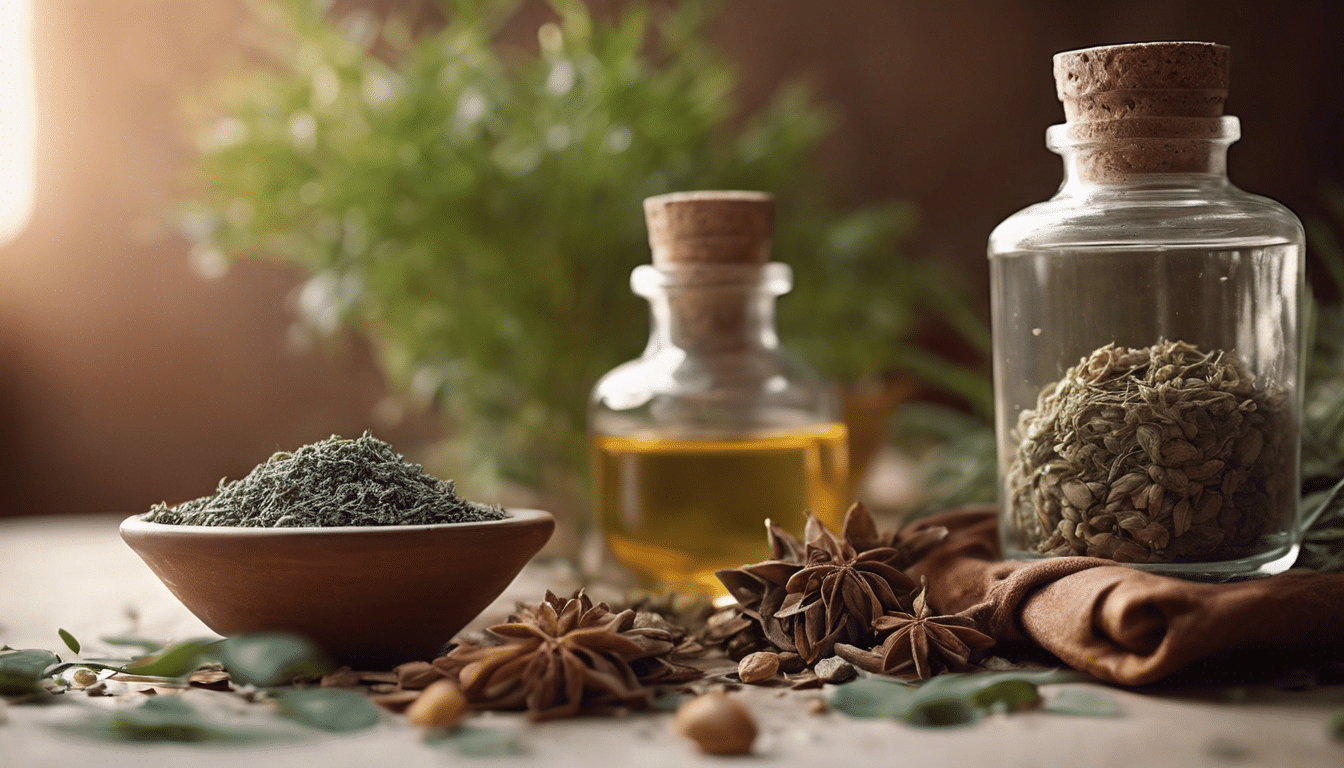
Exploring the age-old tradition of Moroccan herbal healing
Deep within the heart of Morocco’s bustling souks and tranquil countryside resides a tradition steeped in history: the art of herbal healing. For centuries, locals have turned to the earth for remedies that soothe, heal, and revitalize. This practice is not only a cornerstone of traditional Moroccan medicine but also a testament to the nation’s rich cultural tapestry.
In every corner of this vibrant country, from the aromatic alleyways of Fez to the sparse, mountainous villages dotting the Atlas range, one can find an assortment of herbs and spices used in myriad ways to promote health and wellness. This indigenous knowledge, passed down through generations, remains alive today, bridging the gap between the ancient and the modern.
The wisdom of Moroccan apothecaries
The core of Morocco’s herbal healing can often be found in the skilled hands of local apothecaries. Known as ‘attareen’, these custodians of ancestral wisdom diligently blend, brew, and prescribe a variety of herbal concoctions. Their shops are treasure troves of natural remedies, from the famed argan oil, prized for its nutritive and medicinal properties, to the potent Ras el Hanout, a blend of the finest spices assumed to balance the body’s constitution.
In the realm of Moroccan herbal remedies, countless plants, each with their own particular characteristics and uses, come together. Some, like mint and verbena, are commonly brewed into soothing teas to digest heavy meals or combat colds. Others, such as the fabled saffron, are hailed for their anti-inflammatory and mood-enhancing qualities.
The spiritual dimension of herbal practices
Moroccan herbal healing is not merely oriented towards the physical. There exists a profound spiritual dimension where herbs play a critical role in rituals and practices aiming to cleanse, protect, and heal on an ethereal level. On such occasions, the use of herbs is often intertwined with prayers and specific ceremonial rites, indicating a holistic approach to health that considers the body and soul as one.
Rosemary can be found burning in households to ward off negative energies, while henna, beyond its cosmetic application, is recognized for its auspicious significance during wedding ceremonies, believed to bring good fortune and prosperity to newlyweds.
Leveraging nature’s pharmacy
Even as modern medicine advances, the allure of Morocco’s herbal remedies endures. Locals, as well as inquisitive visitors drawn to the country’s indigenous practices, are increasingly recognizing the merit of leveraging what has aptly been named ‘nature’s pharmacy’. Not only do these remedies draw upon the natural potency of botanicals, but they also tend to have fewer side effects compared to synthetic alternatives.
In contemporary Moroccan settings, it is not unusual to find traditional herbs alongside modern pharmaceuticals, demonstrating a harmonious blend of old and new. This integration mirrors a global trend towards a more holistic view of health, where natural therapies are given due consideration as part of a comprehensive approach to well-being.
Within the nurturing embrace of Morocco, herbal healing continues to flourish, its historical roots reaching deep into the soil of time. By honoring the rich legacy of its past, Morocco stands as a beacon for those seeking a natural path to health, guided by the wisdom of the ancients and nurtured by the boundless gifts of the earth.
Moroccan Herbal Remedies: Between Myth and Science
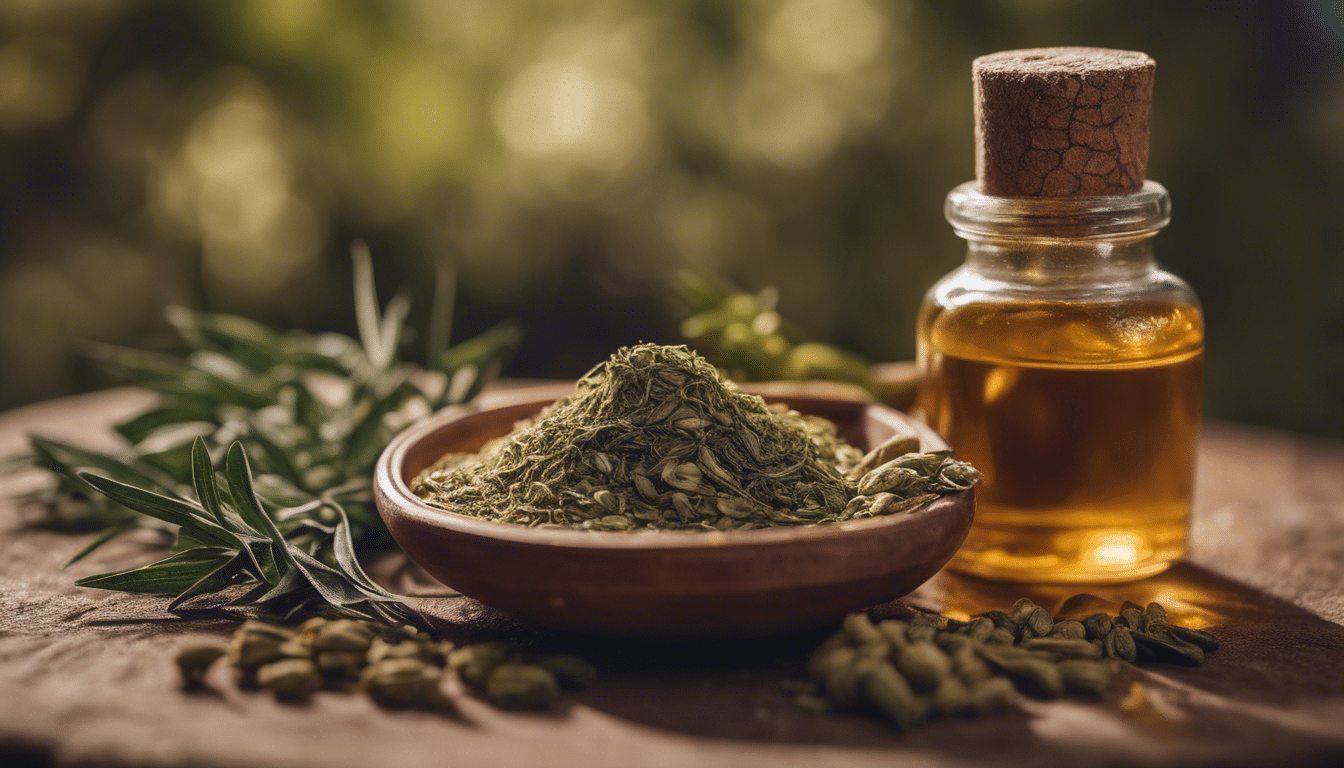
In the vibrant streets of Marrakech, an intricate tapestry of tradition and modernity is unfurled. Here, the bustling souks, permeated with a confluence of aromas, hold a treasure trove of herbal remedies that have been handed down through generations. Visitors imbued with curiosity might find themselves captivated by the fusion of Moroccan herbal remedies and the stories that enlace them, rooted deeply in both myth and science.
The Legacy of Moroccan Herbal Wisdom
Amid the labyrinthine alleys, peddlers and healers – known as ‘herboristes’ – present a palette of botanical wonders. From the fragrant mint revered not just for its place in the traditional tea but also for its digestive properties, to the Argan oil, a potion venerated equally by gastronomes and skin-care devotees, the array is breathtaking. These herbal remedies are not mere relics of the past; they stand as living witnesses to the resilience of Moroccan culture.
Each herb and spice in the Moroccan pharmacopeia serves a purpose, reaching beyond the confines of kitchens into the realm of wellbeing. Take, for instance, Ras el hanout, a robust blend of spices that promises not just a burst of flavor but also a boost to digestion and circulation.
Scientific Scrutiny and Herbal Healing
As we forge forward, the line distinguishing myth from science in the application of Moroccan herbal remedies becomes ever-more nuanced. Research delving into the pharmacological gifts of these plants is burgeoning, offering a bridge between ancient lore and empirical evidence.
For example, the humble Nigella sativa, or black seed, often touted as a cure-all, has been rigorously studied, revealing anti-inflammatory and antioxidant properties that support its traditional use. Similarly, the prickly pear, or Barbary fig, is not just a staple of Moroccan diets but is also recognized for its potential in regulating blood sugar levels.
Integrating Moroccan Botanicals into Modern Holistic Practices
In a world increasingly embracing holistic health approaches, Moroccan herbal traditions offer a wellspring of knowledge. Consummate with global interest, these remedies are finding their way into the practices of naturopaths and alternative medicine practitioners.
Incorporating elements such as the soothing verbena leaves for stress relief, or the use of henna for its antifungal properties, signifies a blending of worlds where the old enriches the new, forming a continuous loop of wellness that transcends borders.
Educating on the Ethical Use of Moroccan Botanicals
While Moroccan herbal remedies offer enchanting possibilities for natural health, there is a crucial need to utilize these resources responsibly. A consciousness of sustainable harvesting, respect for indigenous ecological knowledge, and the avoidance of over-exploitation must be fostered to preserve these traditions for future generations to judiciously explore and benefit from.
As wanderers like myself traverse the sensory tapestries of Morocco, it becomes evident that the Moroccan herbal realm is as much about the continuation of cultural heritage as it is about the healing properties of its flora. Here, between the threads of myth and the strands of science, is a vivid illustration of how nature’s apothecary can enrich our lives, inviting us on a journey of discovery that is as ancient as it is relevant to our contemporary quest for wellbeing.

